Kiowa Humanity and the Invasion of the State
Kiowa Humanity and the Invasion of the State illuminates the ways in which Kiowas on the southern plains dealt with the U.S. government's efforts to control them after they were forced onto a reservation by an 1867 treaty. The overarching effects of colonial domination resembled those suffered by other Native groups at the time-a considerable loss of land and population decline, as well as a continual erosion of the Kiowas' political, cultural, economic, and religious sovereignty and traditions. Although readily acknowledging these far-reaching consequences, Jacki Thompson Rand sees the root impact of colonialism and the concomitant Kiowa responses as centered less on policy disputes than on the disruptions to their daily life and to their humanity. Colonialism attacked the Kiowas on the most human, everyday level-through starvation, outbreaks of smallpox, emotional disorientation, and continual difficulties in securing clothing and shelter, and the Kiowas' responses and counterassertions of sovereignty thus tended to focus on efforts to feed their people, sustain the physical community, and preserve psychic equilibrium. Offering a fresh, original view of Native responses to colonialism, this study demonstrates amply that Native struggles against the encroachment of the state go well beyond armed resistance and political strategizing. Rand shows that the Native response was born of everyday survival and the yearning for well-being and community
{{comment.content}}
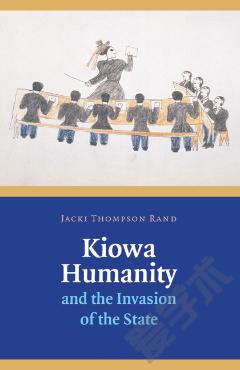

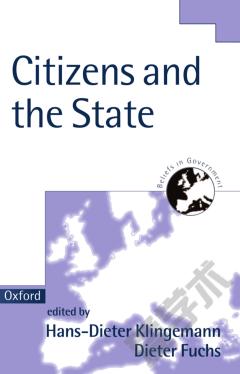
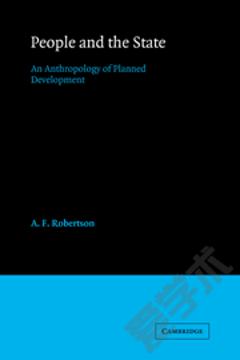
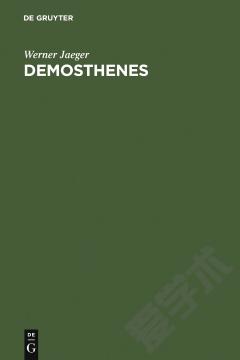
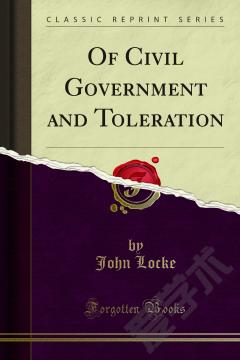
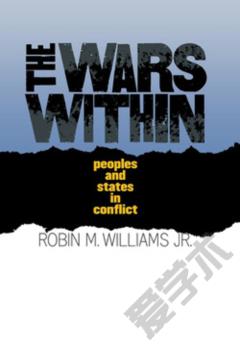

 京公网安备 11010802027623号
京公网安备 11010802027623号